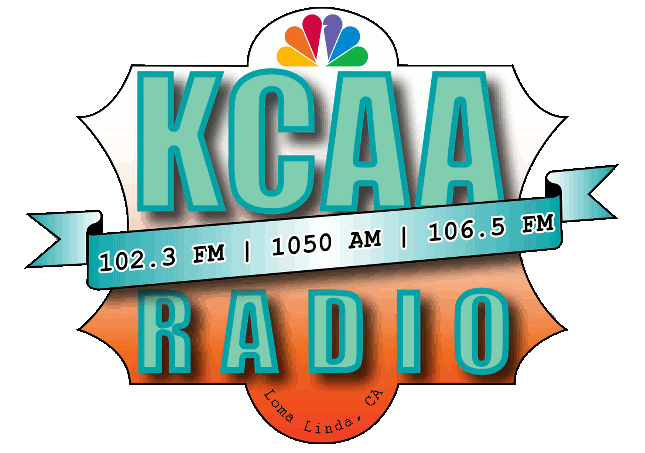
Many criminal allegations are simply untrue. Violent felony charges such as domestic violence assault (that could lead to decades in prison) are actually filed against the wrong person, or the actions were justified due to self-defense. DUI charges can based on inaccurate breath tests, and most drug delivery offenses are based simply on the work of an unreliable informant. Sometimes the police reports are so biased and one-sided, that a person wonders if the authorities are describing a different court case. If you call Steve Graham, he can provide a free consultation and will tell you what can be done to help your situation. Criminal charges bring a social stigma in our society. You need to be vindicated. Criminal convictions and admissions of guilt can ruin reputations and careers. A good name is a precious asset, and substandard police work can seem to take that away in an instant. For college students, criminal convictions can destroy futures and opportunities. There is an attorney in Washington state who understands this. Spokane criminal lawyer Steve Graham can turn the tables, and help correct the injustice. Call him at (509) 252-9167.








_new_logo.png)

